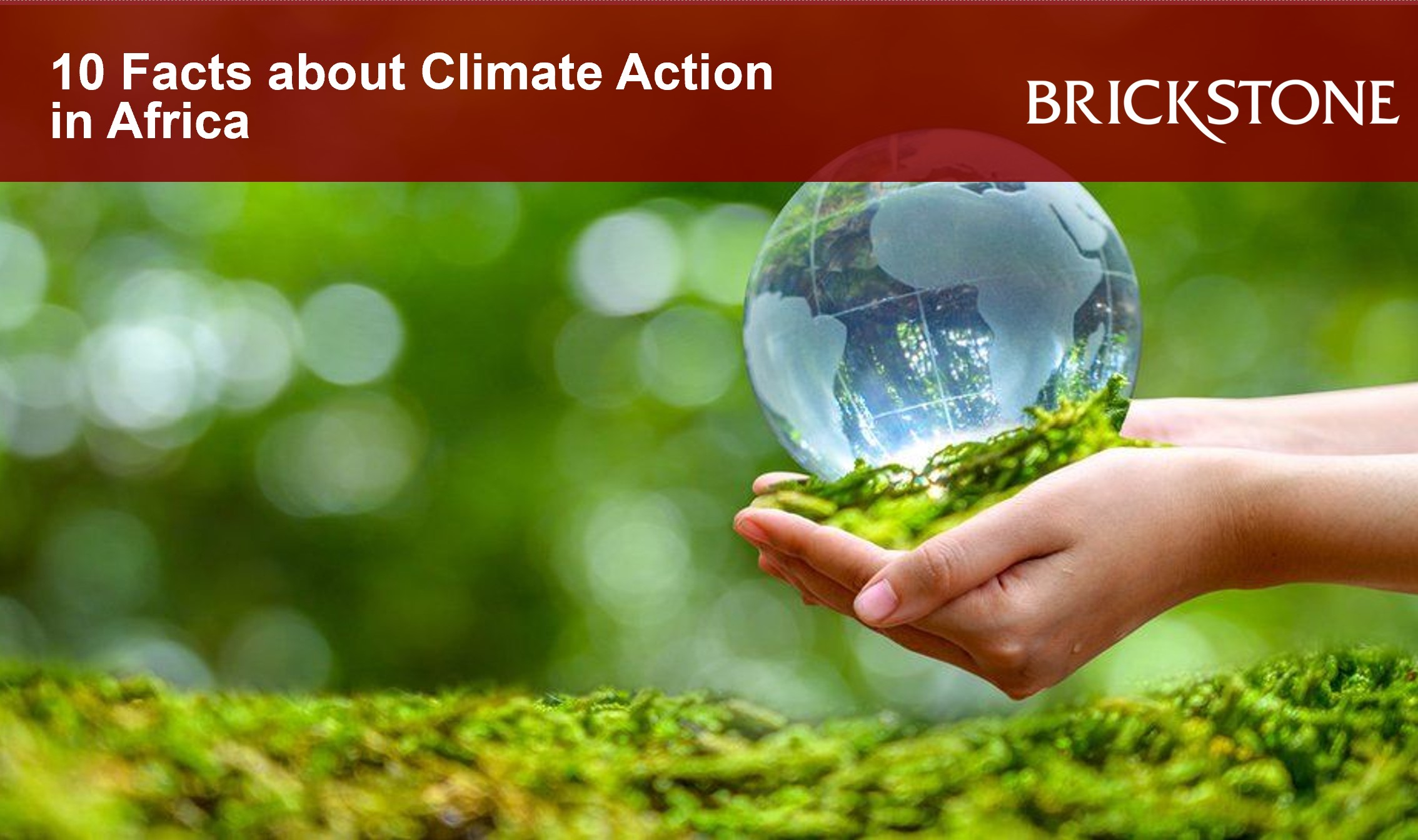10 Facts about Climate Action in Africa
Climate Change in Africa
Introduction
Climate Change Impacts in Africa
Climate Action in Africa
UNDP, defines climate action to mean the “stepped-up efforts to reduce greenhouse gas emissions and strengthen resilience and adaptive capacity to climate-induced impacts, including: climate-related hazards in all countries; integrating climate change measures into national policies, strategies and planning; and improving education, awareness-raising and human and institutional capacity with respect to climate change mitigation, adaptation, impact reduction and early warning.
Here are 10 Facts about Climate Action in Africa garnered from these resources:
Africa’s Agenda 2063, which was concluded in 2013, recognizes climate change as a major challenge for the continent’s development.
Africa is the most-exposed region to the adverse effects of climate change despite contributing the least to global warming. Similarly, seven of the 10 countries that are most vulnerable to climate change are in Africa.
DP exposure in African nations vulnerable to extreme climate patterns is projected to grow from $895 billion in 2018 to about $1.4 trillion in 2023—nearly half of the continent’s GDP.
Sub-Saharan Africa has 95% of rain-fed agriculture globally, and agriculture has a large share in GDP and employment. These are key factors that contribute to Africa’s vulnerability to these Climate change impacts.
One promising approach throughout the continent to reducing climate related risks and extreme event impacts has been to reduce poverty by promoting socio-economic growth, in particular in the agricultural sector.
Women constitute a large percentage of the world’s poor, and about half of the women in the world are active in agriculture – in developing countries, this figure is 60%, and in low-income, food-deficit countries, 70%.
To improve climate change impacts, have outlined bold aspirations to build climate resilient and low-carbon economies in their Nationally Determined Contributions (NDCs) to the Paris Agreement.
The Nationally Determined Contributions (NDCs) to the Paris Agreement, since 2015, have become the main instrument for guiding policy responses to climate change. As of November 2019, 49 African countries out of 54 had ratified their NDCs.
South Africa’s Carbon Tax Act, which places specific levies on greenhouse gases from fuel combustion and industrial processes and emissions, came into effect in June 2019, and by 2035, the carbon tax could reduce the country’s emissions by 33 percent relative to the baseline. Same process can influence similar developments across Africa.
Efforts such as South Africa’s Renewable Energy Independent Power Producer Procurement (REIPPP) program and the World Bank and International Finance Corporation’s Scaling Solar program have resulted in solar prices as low as $0.05/kilowatt-hour.





